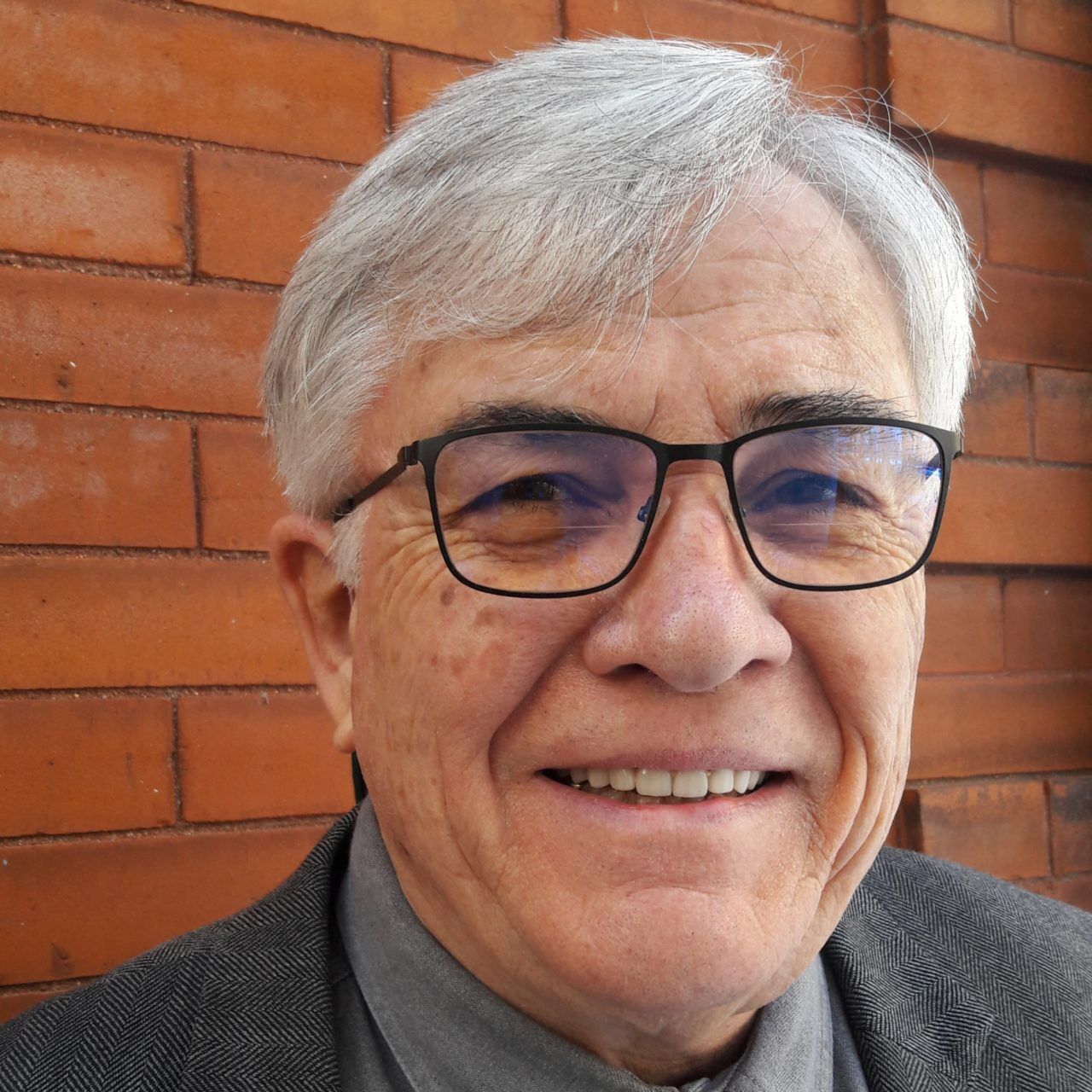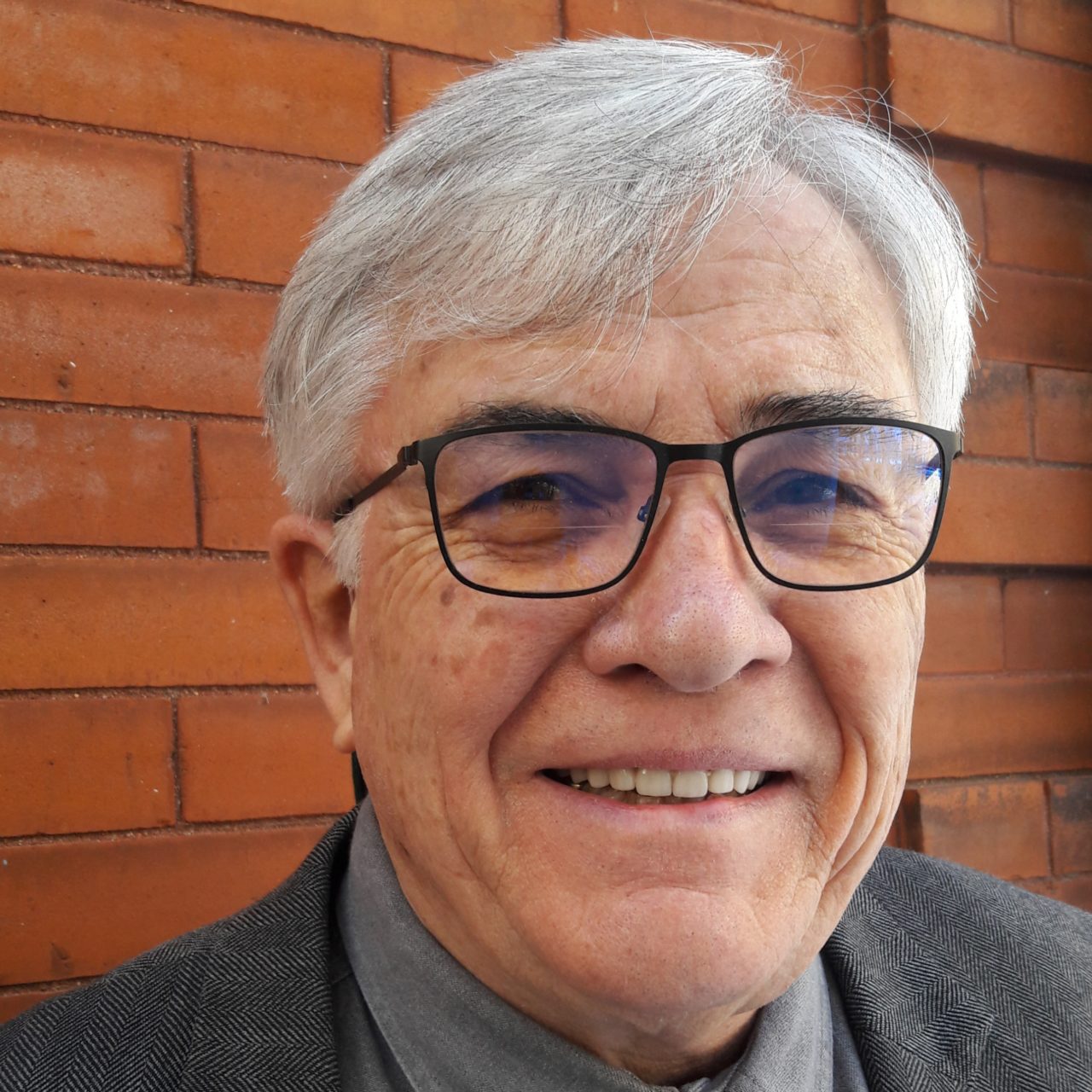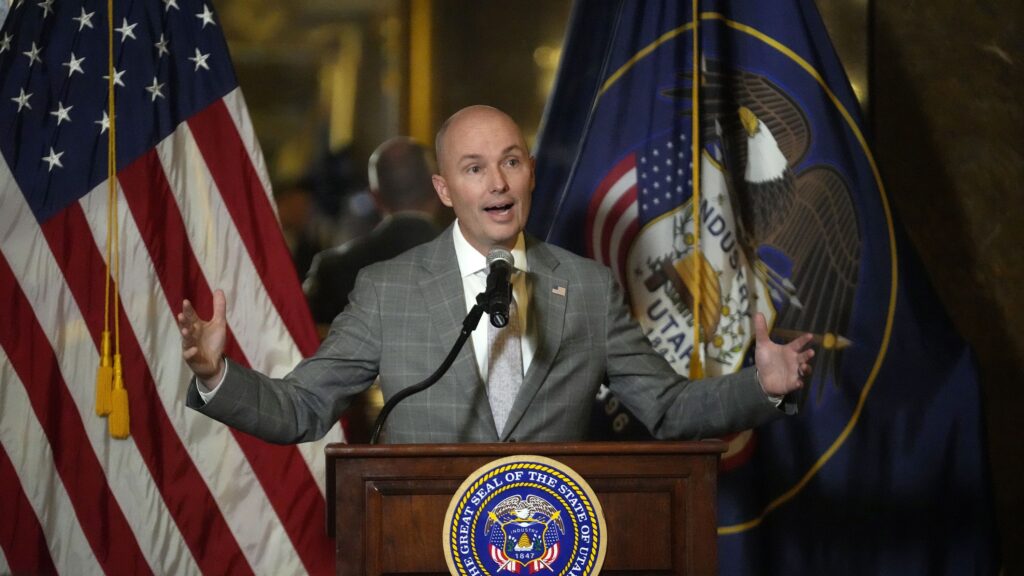HUDSON | Perhaps 2022 can bring political healing


As I compose this column in the waning days of 2021, I’m prompted to contemplate 2022 which brings the 50th anniversary of my arrival in Colorado. I had worked for Chesapeake and Potomac Telephone both before and after three years in the U. S. Navy when I transferred to the state as an employee of AT&T. Lily Tomlin had recently launched her comic career as Geraldine, the telephone operator who responded to every customer complaint with, “…we don’t care, because we don’t have to – we’re the phone company.” Her humor resonated in Colorado.
In the summer of 1972 Mountain States Telephone and Telegraph began recruiting Installation and Repair managers with bug city experience who were willing to transfer to Denver where 40,000 new homeowners were waiting for telephone service. Suburban growth had so badly outstripped the switching capacity of the company’s dial tone network that Mountain Bell actually ran out of available numbers. The most severely impacted area was Arvada, with 28,000 residents waiting on the completion of an Arvada switch center. Central switching offices locked up daily, denying dial tone to existing customers. Most Denver businesses hired messenger services to ferry notes and documents between their offices.
Mountain Bell’s job offer did not come without certain conditions. Transferring foremen had to agree to work 60-hour weeks, ten hours per day Monday through Saturday, during their first year in town. On the plus side, overtime pay would nearly double a manager’s salary. With two small children, I felt Denver would be a better place to raise a family and the extra pay would rapidly provide a down payment on a home of our own. At the time Colorado enjoyed the youngest average age among the fifty states. As we enter 2022, Colorado still retains its pole position as youngest state in the nation.
In 1978 I would win a seat in the Colorado Legislature from Northwest Denver. In many states a newcomer would have little chance for such a victory. Yet in my freshman class, I was no exception. Federico Peña (Democrat) and Jeanne Faatz (Republican) were also recent immigrants to Denver. Future Governor Bill Owens of Texas was lobbying for the oil and gas industry. And incumbent Governor Dick Lamm hailed from Wisconsin. This pattern of young legislators with only recent ties to Colorado continues to this day. El Paso County and our mountain resort communities have also dispatched numerous greenhorns to the Capitol – retired military and former ski bums among them. On balance, this has been a positive catalyst for the state as it provides a rich diversity of personal experience and political attitudes during legislative debates.
One thing that has changed, however, over the past five decades has been the tone of those debates. While Republicans and Democrats were just as likely to exchange good-humored barbs with one another in committee hearings fifty years ago, they were rarely personal or nasty. There were lasting friendships forged across the aisle and an unspoken recognition that every legislator, Democratic or Republican, was intent on improving the quality of life for their friends and neighbors in Colorado. Leadership was often a matter of mentoring. Once, when it became necessary to raise the gas tax, John Hamlin of Fort Morgan, the Republican Majority Leader in the House, took his self-identified ‘House Crazies’ into caucus one day to tell them how the cow was going to eat the cabbage.
His tutorial was both insightful and hilarious, “Occasionally we have to raise taxes when we’re down here. That’s why we need Democrats. They will always vote to raise the gas tax and there will be just enough Republican votes to put it across the finish line. Next year you can go out and beat Democrats around their heads and shoulders for raising the gas tax. But today, you will keep your mouths shut and, most importantly, you will not criticize any Republican who votes with the Democrats. Each of them either represents a safe seat or is retiring, and I know who they are. If you’re voting no, that’s OK. We won’t need your vote. Is there anyone here who doesn’t understand your silence is a matter of caucus discipline? Seeing no objection, let’s go give the Highway Commission their money.”
We aren’t likely to hear that kind of speech in 2022. Social media would jump into hyperdrive, ginning up what the Duke Polarization Lab characterizes as ‘false polarization’. Most Colorado legislators remain centrist and their reticence to mix it up with their parties extremists permits these political fringes to promote what Duke calls “…a profound form of distortion” resulting in casual observers thinking both parties are more extreme than they actually are. There’s a good chance 2022 could bring a healing of imaginary divisions and bi-partisan cooperation, whatever transpires in Washington.
Miller Hudson is a public affairs consultant and a former Colorado legislator.












